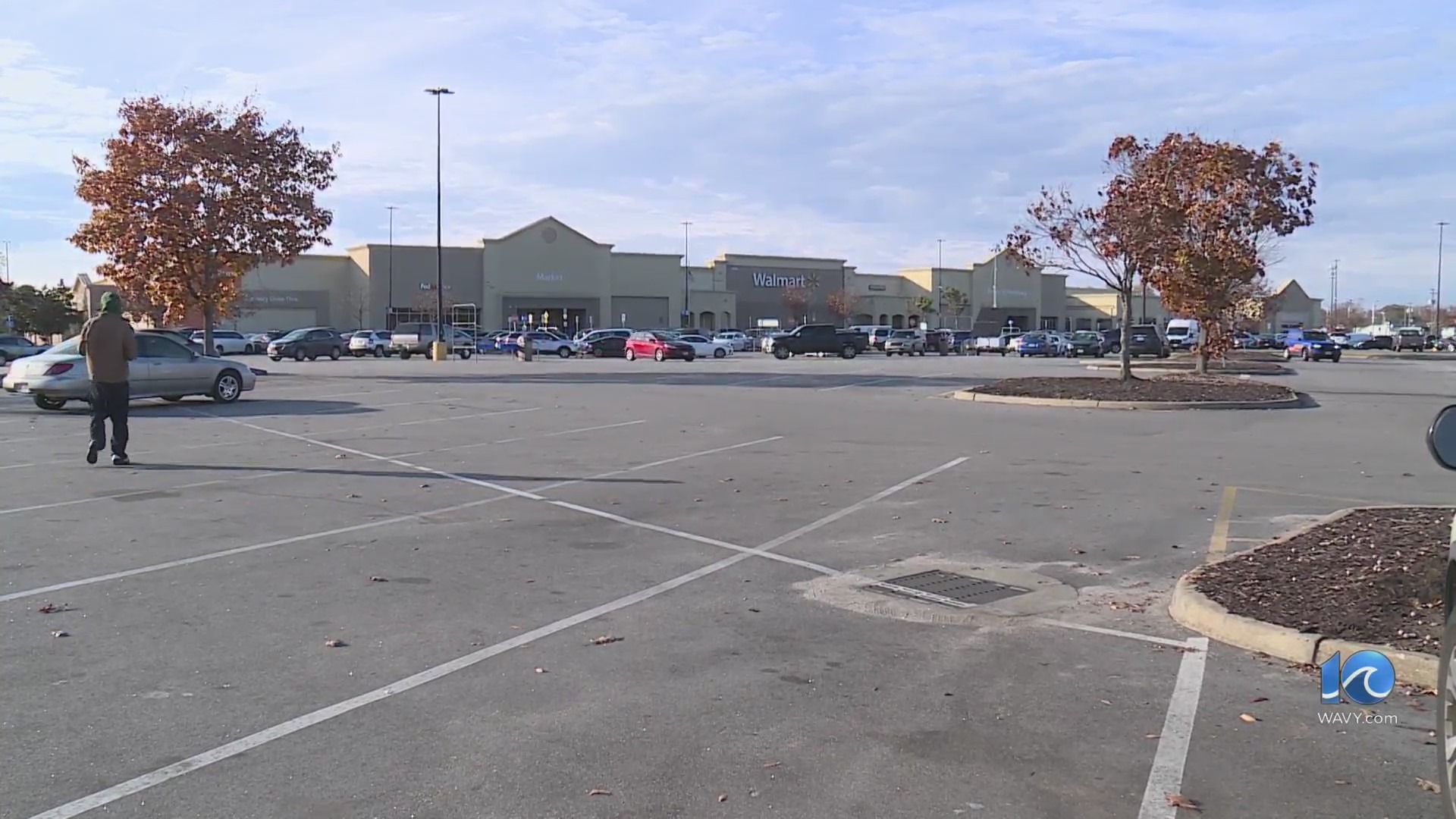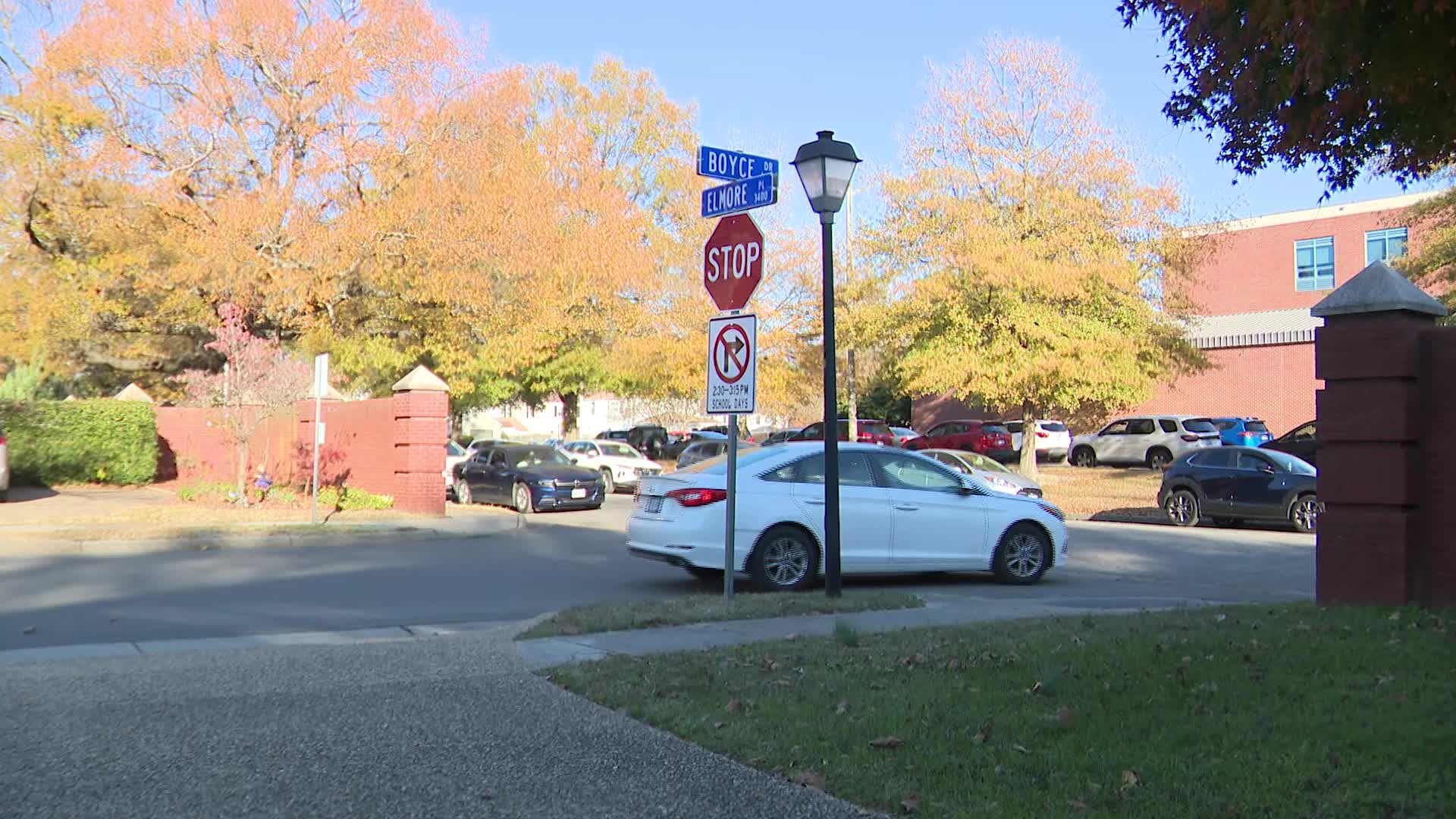NEW YORK (AP) — Trader Joe’s and other grocers are limiting the number of eggs customers can buy across the U.S., citing limited supply caused by the ongoing bird flu outbreak.
Trader Joe’s is capping purchases to one carton per customer each day, the Monrovia, California-based chain confirmed. That limit applies to all of Trader Joe’s locations across the country.
“We hope these limits will help to ensure that as many of our customers who need eggs are able to purchase them when they visit Trader Joe’s,” the company said in a statement sent to The Associated Press Tuesday.
Photos of in-store notices about eggs purchase limits at retailers nationwide have swirled around online in recent weeks. In addition to Trader Joe’s, consumers and several local media outlets have also reported varying limits seen at stores like Costco, Whole Foods, Kroger and Aldi locations.
When each limit went into effect is unclear, however. And not all are being implemented nationally. A spokesperson for Kroger, for example, confirmed that the supermarket giant doesn’t currently have “enterprise-wide limits” in place — but said some of regional divisions and store banners are asking customers to cap egg purchases to two dozen per trip.
Walmart says it also hasn’t imposed national limits — expect for bulkier purchases of 60-count cartons, which have been capped to two per purchase, the Bentonville, Arkansas-based retail giant confirmed Tuesday.
“Although supply is very tight, we’re working with suppliers to try and help meet customer demand, while striving to keep prices as low as possible,” Walmart said in an emailed statement.
Costco, Whole Foods and Aldi did not immediately respond to requests for comment on Tuesday. But Costco confirmed to CNN that the chain was limiting its customers to three packages of eggs, which are typically sold in two-dozen or four-dozen cartons. Meanwhile, notices previously seen in some Target locations have warned about supplier shortages, but don’t indicate specific purchase limits. The AP reached out to the retailer for further information.
Avian flu is forcing farmers to slaughter millions of chickens a month, pushing U.S. egg prices to more than double their cost in the summer of 2023.
The average price per dozen nationwide hit $4.15 in December — and it appears there may be no relief in sight, with the Agriculture Department predicting prices will soar another 20% this year. Retailers could notably feel added pressures with Easter demand fast approaching.
Beyond grocery stores limits, U.S. consumers are also facing more expensive eggs in some restaurants. Last week, Waffle House, for example, said it would be adding a 50-cent surcharge per egg on all of its menus.



